Francis here again, Otterites. As they so often do, the guys have inspired me to continue a discussion. This time it’s on the joys, pains and compulsions of writing.
Close listeners have probably picked up that both Robert and I are in the process of writing fiction works, novels specifically. Robert’s is science fiction and mine is a thriller. I’ll leave it to Robert to speak of his efforts, but I can certainly say that the last year and a half spent in the arena of fiction writing has changed my outlook on life considerably. I have delved deeply into the craft (one of our favorite words here at Snakes And Otters) and received much illumination, as Dr. Henry Jones Sr. once said.
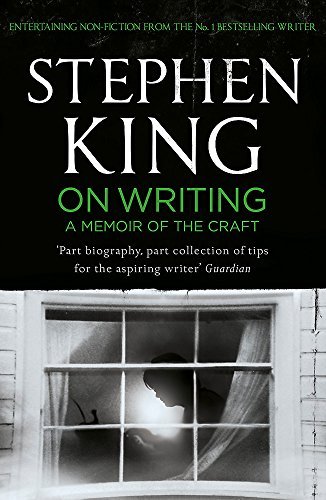
If I had to use only one word to describe the process of writing it would be ‘compulsion’. Writers must write and so they do. Period. Format doesn’t matter, genre doesn’t matter, channel doesn’t matter. Writers feel compelled to craft a beautiful message that they believe others will find attractive. That’s what it’s all about, folks, and that’s all it is.
Fiction is my thing, as is Robert’s, but this applies to non-fiction as well. We writers have something in us that needs to be told.
One of the greatest lyricists of the modern era, Don Henley of the Eagles once said that all (good) writing is a leap of faith. This is so true. A real writer (as opposed to a hack or a narcissist) believes that what they have to say will resonate with a great many other folks. As long as there is overt universal appeal, everything should work (assuming we learn the mechanics of the craft well.)
So how does one make the plunge? Well, if you’re like me, you start thinking of what the story is that you need to tell. Such should never be self-focused. (Unless you’re a celebrity, nobody wants to read your autobiography. NOBODY!) And to be honest, it absolutely needs to conform to the conventions of whatever genre you’re wanting to work in. (That was my first moment of epiphany.) Yes folks, there are definite expectations as to content, structure, format and even tropes that come with any given genre. Ignoring them is a sure fire way to failure.
I started thinking about the novel I’m working on, Red Moscow, in late 2019 with the idea of doing some fan fiction that would give some form of completion to the Killmaster spy series of novels that I used to buy in the 1980’s. The series ended right along with the Cold War in 1990 after 26 years with no fanfare or closure. It seemed to me the ending of those two things at the same time reflected the perfect world change that could have been used to tell a good ‘final’ story. So I started playing around with ideas and researching the history. Next thing you know I’m focused in on the 1991 August Coup in the Soviet Union. I thought it would make a great backdrop from which to tell a good story. So I started planning things out. I got a friend who knew the series and the genre well to read my detailed synopsis (about 30,000 words) and he told me the idea had way too much potential and should not be wasted as fan fiction.
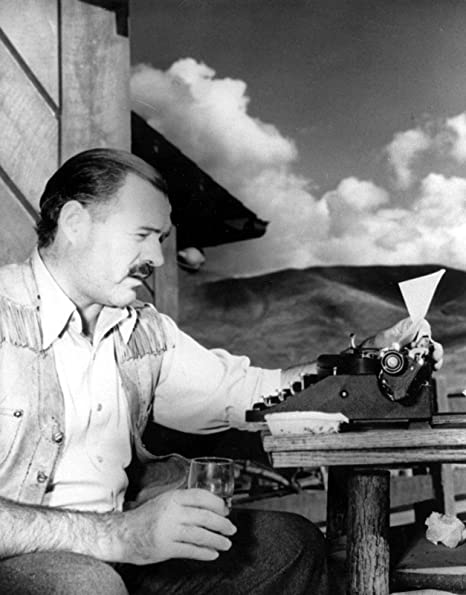
And so here we are. A year later and a completed fourth draft is in hand. It’s almost ready to shop to agents and it’s been a fantastic explosion of creative joy. Yes, there will be sequels utilizing the great (I think) characters I’ve created, so the party does not need to end. Who knows how the future will unfold? The process was worth every moment no matter what happens. I plan on continuing to play in this sandbox likely for the rest of my life. Even if only for my own enjoyment.
My advice? There’s tons out there and, yes, it’s sometimes hard to seperate the good from the bad. Pinterest and Quora have been so helpful. Basic stuff there that keeps you from making those egregious amateur mistakes right off the bat. Getting Stephen King’s “On Writing” was a watershed moment for me. It’s a must. Read it and live it. If you do, you’re on your way along a safe highway.
Hemingway is my model and in my mind, he should be every fiction writer’s. Everyone who came after him has to address his style in some way. Embrace or reject, we all still have to work with the “furniture he placed in the room” as they said in the recent Ken Burns documentary. (Highly recommended by the way.) Reading, enjoying and learning from a master is essential and Papa was the best. He also spoke and wrote a lot about the craft. Absorb it all.
Beyond that – just write. Hone the craft. Learn what readers and publishers want and give it to them. Nothing you write is sacred and should be discarded or modified as your feedback dictates. There was only one Hemingway folks and he revised all of his works like a fiend. Mechanics matter. Rip any wish fulfillment or author insertion tendencies out by the roots. They reek like week-old fish guts and every reader can smell them from miles away. Make sure every scene has something relevant and important happening, even if it’s only in the conversation. Plot has to move, characters have to shine and that is a ‘both/and’ rule, not an ‘either/or’ one.
Above all, write as often as you can. Don’t ignore the compulsion. If you’re a real writer, in my opinion, you can’t anyway. Once the child of story inspiration is conceived, it’s a forever obligation. And a joy as well.
And for a deeper dive into the master himself, check out our recent episode on Ernest Hemingway:

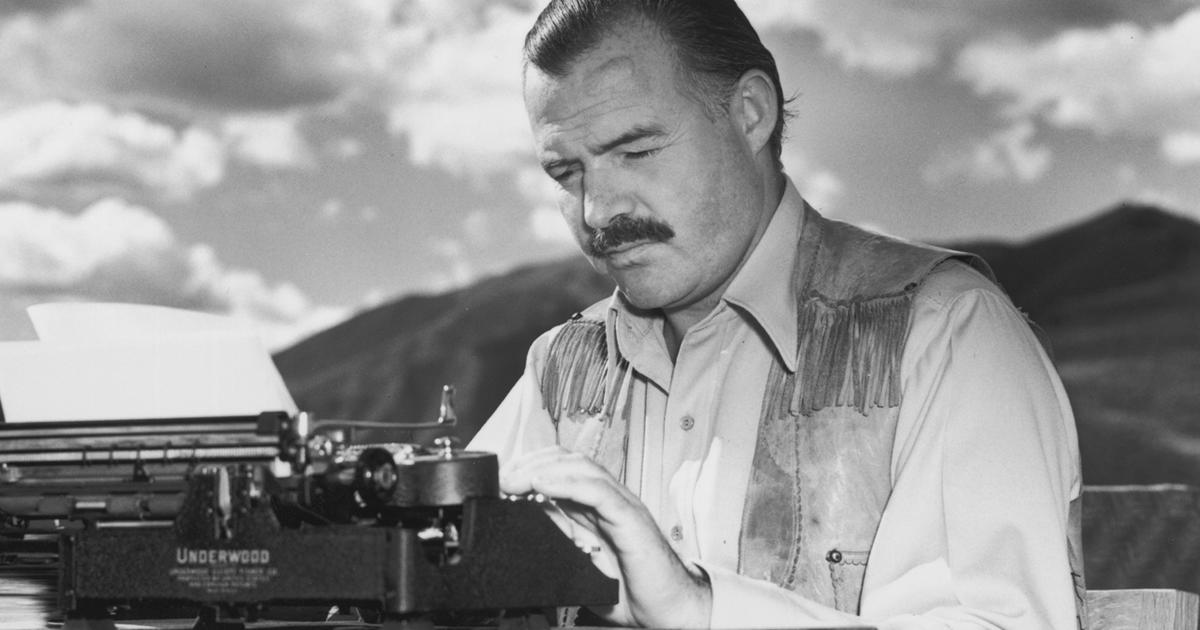
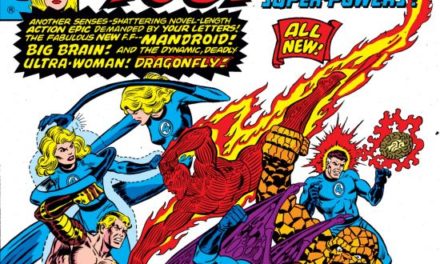

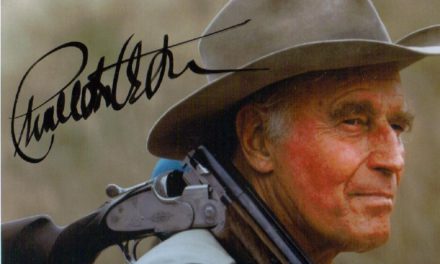

Francis! My man! Excellent job. Glad we’re on a writing theme this week. Just wish I’d gotten something in for Wednesday. Maybe I’ll sneak in an extra post over the weekend.
Just to clarify, I see my in progress novel as more suspense with a tinge of horror than science fiction. There’s a sort of time travel element to it, but not a traditional kind of thing. No DeLoreans here. I also see mine as the first book in a potential series.
Also, I’ve probably produced more non-fiction so far. I did a first draft of a non-fiction goal setting book that, I quickly decided would be better used broken into articles and blog posts. I then produced another draft of a how-to in a related topic. It may get some usage as a workbook or go the article/blog post route like the first. Haven’t decided yet. Currently I am working on the first draft of a narrative driven form of the second book mentioned above. Hopefully that will be more relatable and readable to buyers and readers.
I’ve got a couple more non-fiction book ideas and a couple more fiction to follow up the novel I’m working on. Or rather gestating on. Should get back to that in a couple of months. Ultimately, I will probably have more fiction than non-fiction projects.